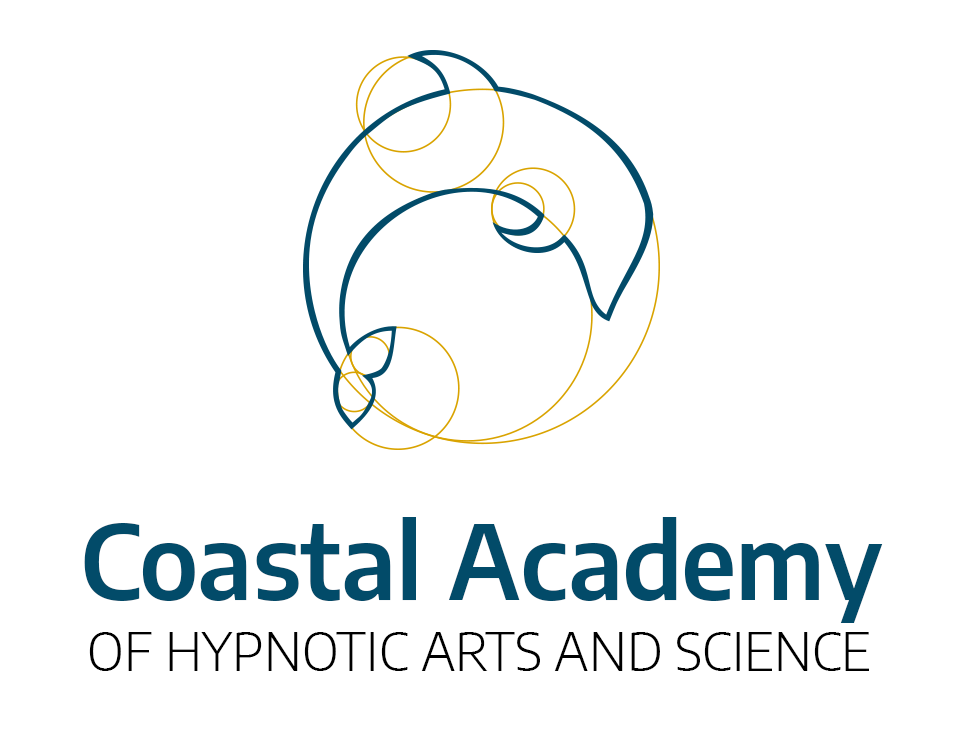I am always happy to answer this question for people, so I thought, why not answer it by way of a blog so you can read it, digest it, and ask me anything I may not have covered for you.
Because there are no licensing bodies for Hypnosis anywhere in North America, Hypnosis in North America has become a self-governing profession. The upside to that is that there is nobody telling you what you have to do as a Hypnotherapist. You don’t pay licensing fees and as a hypnotist, you don’t have to prove your schooling to anyone except your clients. Unfortunately for the clients, many don’t ask about the training their hypnotherapist received when they are searching for that perfect person to help them with their fears, phobias, cravings, bad habits, sadness, grief or lack of success in their jobs. Anything that bothers you, about you or how you handle it, can normally be helped with hypnotherapy, providing that hypnotherapist has the proper hypnosis training. And more and more people are looking for hypnotists now than ever before in the history of our profession.
The downside is, because we are mainly self-regulated, there are many people who take a few hours of training and open up their doors and call it a hypnosis school. The people they train then open up their doors to clients and call themselves hypnotherapists. NOT a good idea. This is not professional hypnotherapy training. It takes more than a weekend or two to learn what it takes to make you a responsible, ethical Hypnotherapist.
When you attend a hypnotherapy school, most schools will provide you with a certificate of success. In other words, they are certifying that you completed and achieved a standard of success. But, look for a school that not only will provide you with their certification, but that also has increased their standards to fit a self-regulating association such as the International Medical and Dental Hypnotherapy Association or the International Association of Counselors and Therapists, or the National Guild of Hypnotists. These “certifying” organizations, have standards for minimum hours of training, types of training, standards for teachers, exams and assessments of success as well as ethical standards of practice.. Once the student has attained these, that certifying body will “certify” or provide hypnosis or hypnotherapy certification to the student.
The benefit to you as a hypnotherapist is that you will know you have received training that you can be proud of. The benefit of being a client of a hypnotherapist that has attended a school such as this is complete confidence that the hypnotist has your best interest at heart and can handle your issue, regardless of what it is.
When you do your due diligence as a potential student of hypnotherapy, ask questions, and don’t be put off by the knowledge that you will be asked to prove your learning and skills with exams and assessments. Be pleased and proud that you will have achieved the type of training that will make you eligible to be certified by a body such as the IMDHA or IACT.
If you are a client looking for a hypnotist, you can ask questions- not just about what they can do for you, but what type of training they received, what school they attended, and who they received their hypnotherapy certification from.
By Leslie McIntosh, former Dean of Education, Coastal Academy of Hypnotic Arts and Science

